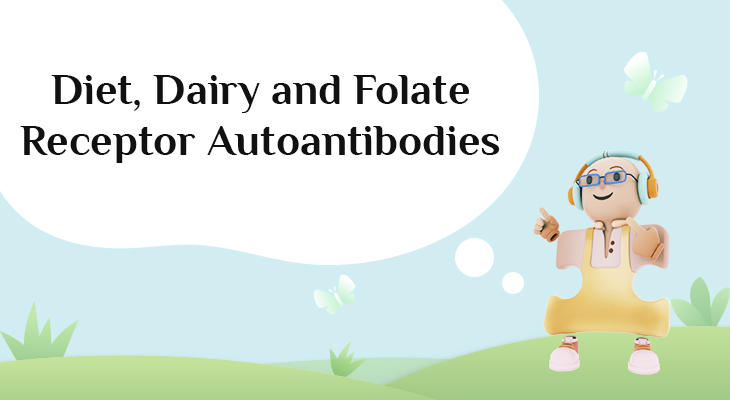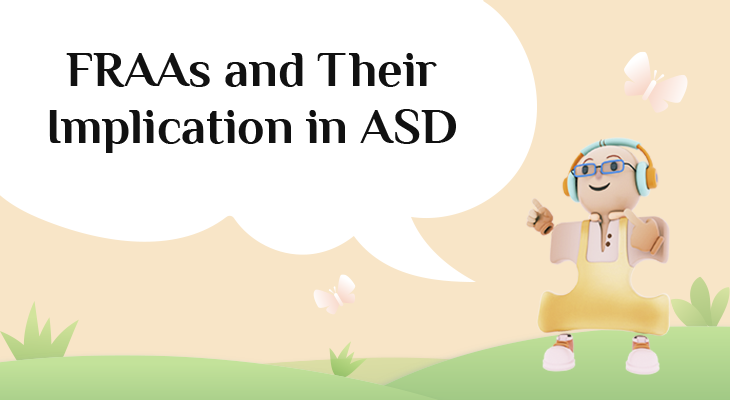
Introduction
Folate receptor autoantibodies (FRAs) are antibodies that target the folate receptor alpha (FRα), a protein responsible for transporting folate into cells. These autoantibodies can interfere with the normal uptake of folate, particularly in the brain, where folate is crucial for neurological development, functioning, and protection.
There exist 2 distinct folate receptor autoantibodies, blocking and binding.
- Blocking Antibodies: Prevent folate from binding to the receptor, inhibiting its uptake.
- Binding Antibodies: Attach to the receptor and may affect its function through mechanisms like receptor internalization or degradation.
Ultimately, in either case of type, the end result is the impediment of having folate properly transported into the cells.
These autoantibodies have been found in a number of neurodevelopment/neuropsychiatric disorders, such as Cerebral Folate Deficiency Syndrome, and Autism Spectrum Disorders (ASD).
Many have questioned the origin of these autoantibodies, but there is no definitive answer for this. There are, however, a few theories that have been circulated with respect to this. One theory that has garnered some traction relates to diet and the exposure to dairy products.
In fact, dairy consumption has been linked to the presence of folate receptor autoantibodies (FRAAs. This relationship has been particularly studied in contexts such as autism spectrum disorder (ASD) and other neurological conditions. Here’s a summary of how dairy may play a role:
1. Mechanism:
- Some dairy products, particularly cow’s milk, contain a protein that resembles the folate receptor (found in humans).
- When consumed, the immune system in some individuals may mistakenly produce antibodies against these dairy-derived proteins due to their similarity to human folate receptors. This is a phenomenon known as molecular mimicry.
- These FRAAs can block the function of folate receptors, preventing the transport of folate into cells, especially across the blood-brain barrier. This can lead to folate deficiency in the brain, known as cerebral folate deficiency (CFD).
2. Impact:
- FRAAs have been implicated in developmental and neurological conditions, such as autism spectrum disorder (ASD), where they are found at elevated levels in some individuals.
- A lack of sufficient folate in the brain can impair neurotransmitter synthesis, DNA methylation, and overall brain development.
3. Studies:
- Research has found that removing dairy from the diet can reduce FRAA levels in some individuals, possibly allowing folate transport to normalize.
- Case studies have reported improvements in symptoms such as developmental delays, irritability, or seizures when dairy is eliminated in individuals with FRAAs and folate-related issues.
4. Practical Considerations:
- Testing: If FRAAs are suspected, a blood test can measure their levels. This test is known as the FRAT® test.
- Dietary intervention: A dairy-free diet might be recommended to reduce antibody production and improve folate metabolism.
- Supplementation: High-dose folinic acid (a bioavailable form of folate) is often prescribed to bypass blocked folate receptors.
One thing to note is that although Cow’s milk seems to be much more reactive, other types of animal milk (Sheep, Goat, Camel) may also have a similar reaction in generating folate receptor autoantibodies. Therefore it may be recommended to eliminate any type of animal milk in this instance.
If you’re considering a dairy-free diet or concerned about FRAAs, consult a healthcare professional or nutritionist for personalized advice, especially for managing conditions like ASD or CFD.



